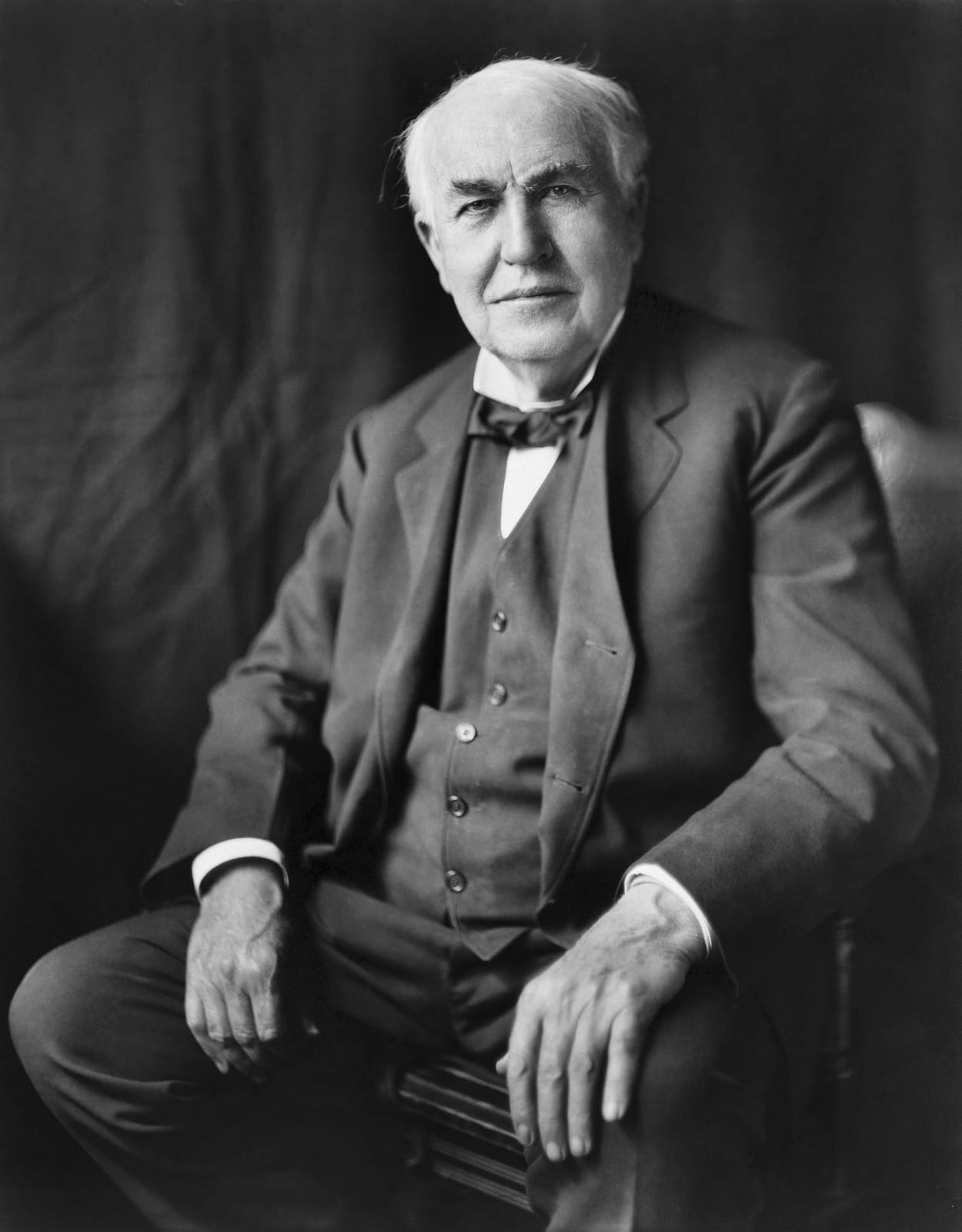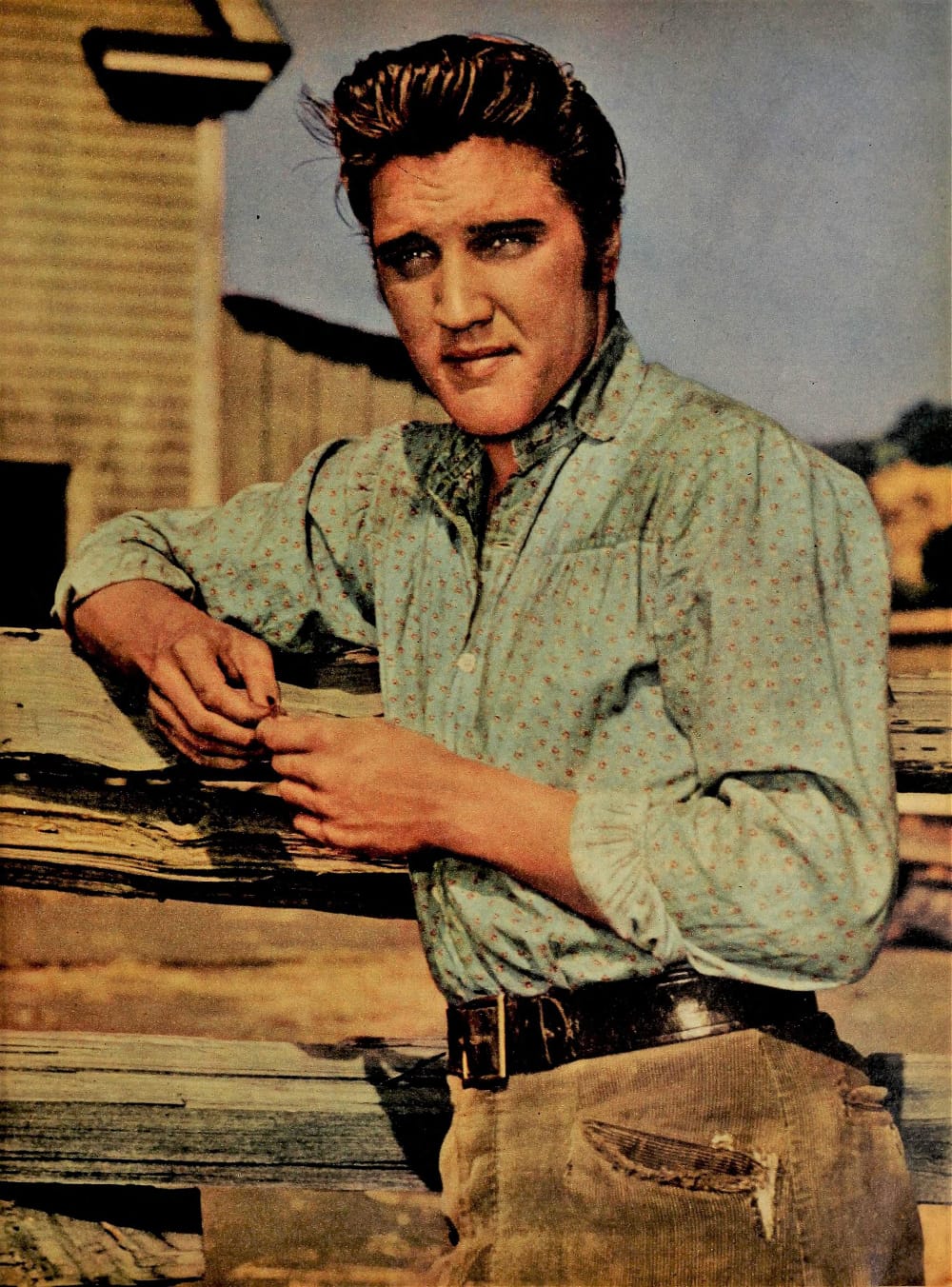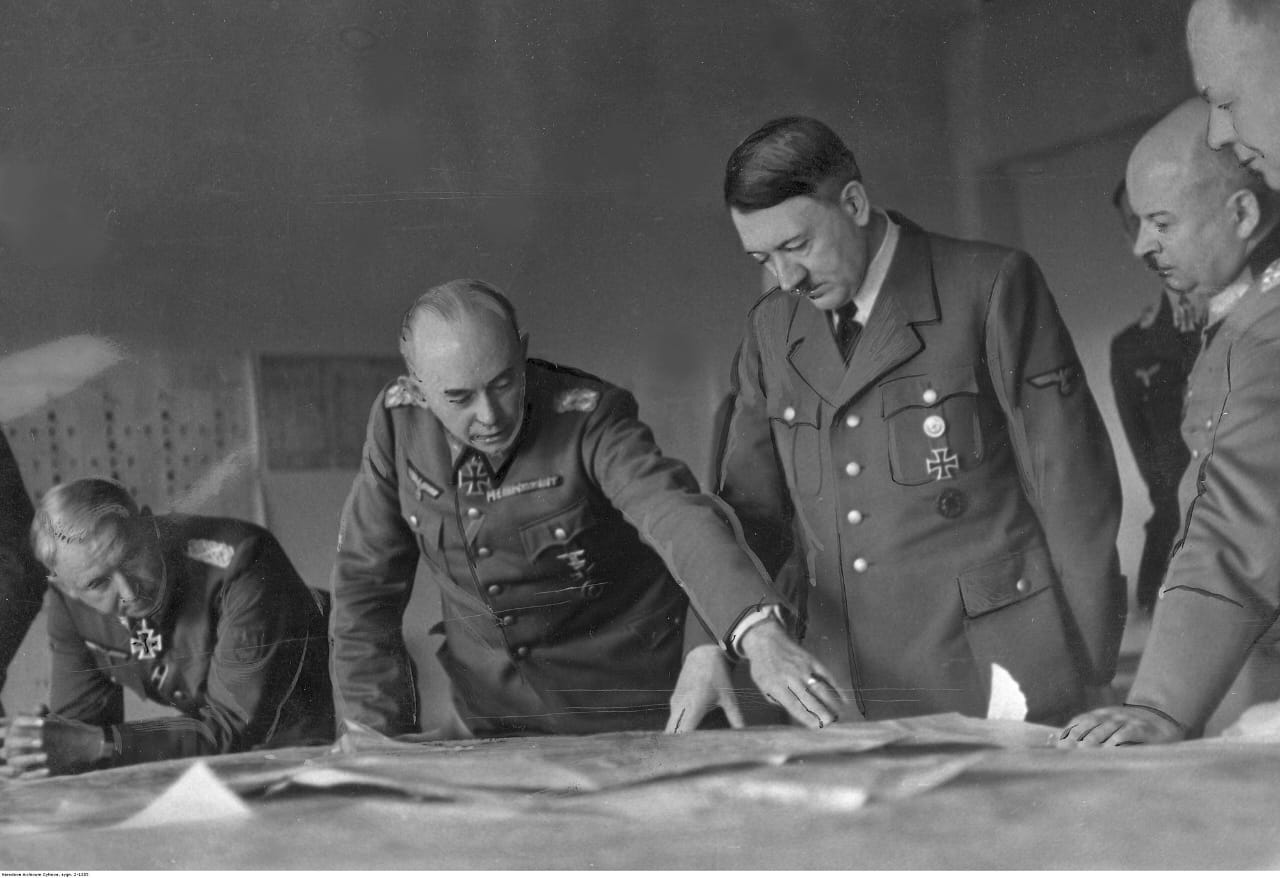The second week of October happens to be a fairly important one, in light of the facts that defined politics, culture, religion, and history of the world. It has produced historic inventions and events that translated into specific moments of an era. So here are 13 interesting events that occurred during the second week of October:.
1. Second Vatican Council Shakes the Roman Catholic Church (October 11, 1962)

It was the very first of a long series of events that were to rock the very foundations of the Roman Catholic Church across the world as Pope John XXIII opened up the Second Vatican Council with the aim of re-defining the role of the Roman Catholic Church in modernizing the world. The assembly desired the “open doors” of the Church with an era of reform that was to modernize the church practices, liturgies, and its relations with other religions. It was at a time when change came not without controversy but marked a new chapter in the history of the Church, leaving a deep mark on the followers.
2. Che Guevara Captured and Executed (October 9, 1967)

No figure of the 20th century outside of Che Guevara, perhaps, inspires the kind of passion that such an iconic figure, mastermind of ideological and one of the major icons for the revolutionaries, inspires; who was picked up by Bolivian forces on 9 October 1967. His killing was due to the machinations of the Bolivian government with assent from the CIA. The Bolivian military campaign did not succeed, but the legacy of Che Guevara as a powerful symbol of movements left and global rebellion only grew more intense after he died, cementing him as a symbol of resistance.
3. The Great Chicago Fire Burns Down (October 8, 1871)
One small barn fire ignited one of the most famous urban fires in American history, The Great Chicago Fire. The fire started on October 8, 1871, burning for three days and destroying much of the city. Almost 300 people lost their lives, and about 100,000 were left homeless. The disaster proved to be just the catalyst for rebuilding, transforming Chicago into a modern metropolis with skyscrapers and a new architectural heritage that describes the city today.
4. Oktoberfest Begins-October 12, 1810
What used to be the royal wedding day of Bavarian Crown Prince Ludwig, later known as King Ludwig I, who married Princess Therese of Saxony-Hildburghausen on October 12, 1810 in Munich turned out to become one of the largest beer festivals in world history. Indeed, the royal couple invited the people of Munich to celebrate with them on their wedding day. So popular was the event that it did not stop as a one-time observance but rather became an annual tradition. Two centuries later, millions throng to the city each year to drink beer, traditional food, and participate in the celebrations that have made Oktoberfest well-known all over the world.
5. William the Conqueror Triumphs at the Battle of Hastings October 14, 1066
October 14, 1066: A date etched in the annals of English history. The Battle of Hastings was an event that finally decreed William, Duke of Normandy, to supersede King Harold II with victory, hence yielding to the Norman Conquest of England. This gigantic triumph brought about a revolution in its culture, language, and even governance. So, before long, the feudal system and Norman architecture were introduced into the country, and English would soon be conjoined with Norman French, forever changing the land of Britain.
6. Spiro Agnew Resigns: October 10, 1973
Rising Vice President Spiro Agnew resigned dramatically on October 10, 1973, because of allegations of tax fraud and bribery. Agnew was the second vice president in U.S. history to resign from the office; during his governorship in Maryland and even as vice president, bribery charges surrounded him. He resigned, making Gerald Ford vice president, and then president in 1974 after Nixon’s resignation. The fall of Agnew proved to be one of the most important events of a tumultuous time in American politics.
7. Greenwich Meridian Defines the World’s Time (13 October, 1884)
The world was not all clocked in. The placing of the Prime Meridian was decided only at the International Meridian Conference held in Washington, D.C., in October 1884 at Greenwich, England. The fact that the world chose to align time zones at 0° longitude in the prime meridian became a practice that is in place until this date. The decision also consummated timekeeping and greatly transformed navigation, trade, and communication globally.
8. Dedicated Hoover Dam (October 9, 1936)

Hoover Dam, officially opened by President Franklin D. Roosevelt on October 9, 1936, stretches across the border between Nevada and Arizona and is famous for its engineering as well as an epitome of American ingenuity. The dam was designed to govern the mighty Colorado River, thereby providing hydroelectric power and water supply to millions of southwest United States people. Today, Hoover Dam is still among one of the biggest and most impressive feats of the world’s engineering.
9. Gregorian Calendar Strikes (October 15, 1582)
On October 15, 1582, Pope Gregory XIII published a new Gregorian calendar that would replace the antique Julian calendar. Usage of this calendar lasted for centuries; it had misestimated the length of the solar year at nearly 11 minutes; that was why the calendar was drifting apart with ages. Since the Gregorian calendar had miscalculated this, a year sometimes had to be adjusted by skipping at times and finding the proper date, and it’s the calendar that much of the world uses today, marking an important shift in how people measured and marked time.
10. Premieres of Saturday Night Live (October 10, 1975)
But the tale of this show is not just its funny performance but also its story of origin, which marked the birth of Lorne Michaels’s masterpiece creation that began an actual revolution in comedy on television, appropriately beginning with Saturday Night Live, that had premiered on October 10, 1975. Overnight, it became the end-product of the political satire, slapstick comedy, and the cutting-edge comedy. Since then, SNL has become that springboard in launching careers for several comedians and remains part and parcel of American TV through social commentary and innovation nearly for nearly five decades.
11. The Knights Templar Imprisoned (13 October 1307)
On October 13, 1307, the enigmatic and mystical Knights Templar received a knockout blow when King Philip IV of France issued a mass arrest warrant against the Templars for heresy and blasphemy along with several other crimes. Many suspect that such charges were trumped up for an attempt by King Philip to seize their money. The order of course was disbanded, but the legends of the Templars-from hidden treasure to a secret society-have continued to reside, feeding endless conspiracy theories and myths.
12. Alvin C. York Becomes a Hero October 8, 1918

The most spectacular exploits were by Alvin C. York, a native of Tennessee who captured nearly 132 German soldiers single-handedly on October 8, 1918, in the battle in France. He emerged to become one of the most decorated American soldiers in World War I after gaining great popularity, showing his bravery and tactical prowess with grave danger in the middle of the battle. Heroism, as exemplified by everyday soldiers, cannot be better told than how it was during some of the most devastating battles in history-the Meuse-Argonne Offensive.
Full story: Alvin C York: World War I’s Greatest Hero Who Made Hundreds Of Enemies Surrender
13. Martin Luther King Jr. Nobel Peace Prize (14 October 1964)
Indeed, Martin Luther King Jr., whom the Nobel Prize was awarded in peace on October 14, 1964, for his leadership in the campaign for civil rights without violence, was indeed loved throughout the world for his eagerness and commitment to an end of racial segregation and peaceful philosophy of protest. The Nobel Peace Prize was recognized throughout the world as a very important indicator of rights in civil society and set the history for being one of the finest agents in bringing about justice and equality in civilized society.
14. Battle of Tours Changes Course of European History (October 10, 732)
On 10th October, a turning battle was to take place which would set in motion the course that Europe was to thenceforth pursue. The Frankish forces under the leadership of Charles Martel were to take their positions against the forces of the Umayyad Caliphate on the ground of what is now France. It went down in history famously as the Battle of Tours, gave a check to the Muslim influence over the western half of Europe, ensured that Christianity became the strongest religion in that region, and has for centuries gone on to influence its political and religious destiny. It is commonly regarded by many as a turning point of saving European identity and prevention of further conquest into the continent by Islam.
15. Old Farmer’s Almanac Published (October 13, 1792)
Old Farmer’s Almanac The first publication of this one of the oldest publications in North America was published on October 13, 1792. Initially, the Old Farmer’s Almanac furnished American farmers and households with weather forecasts among other forms of astronomical information apart from that of farming. It has evolved along the way to include folk wisdom, recipes, and elements of humor but which are still known for their accuracy in weather forecast. The Old Farmer’s Almanac is a highly popular book today, but the combining of practical information and folklore goes a long way in displaying some amazing history and also the present.
It was during the second week of October that the great battles and revolutions of history reflected social reforms and innovations. Each on this list has shaped not only the course of history but also the cultures and societies we live in today.




